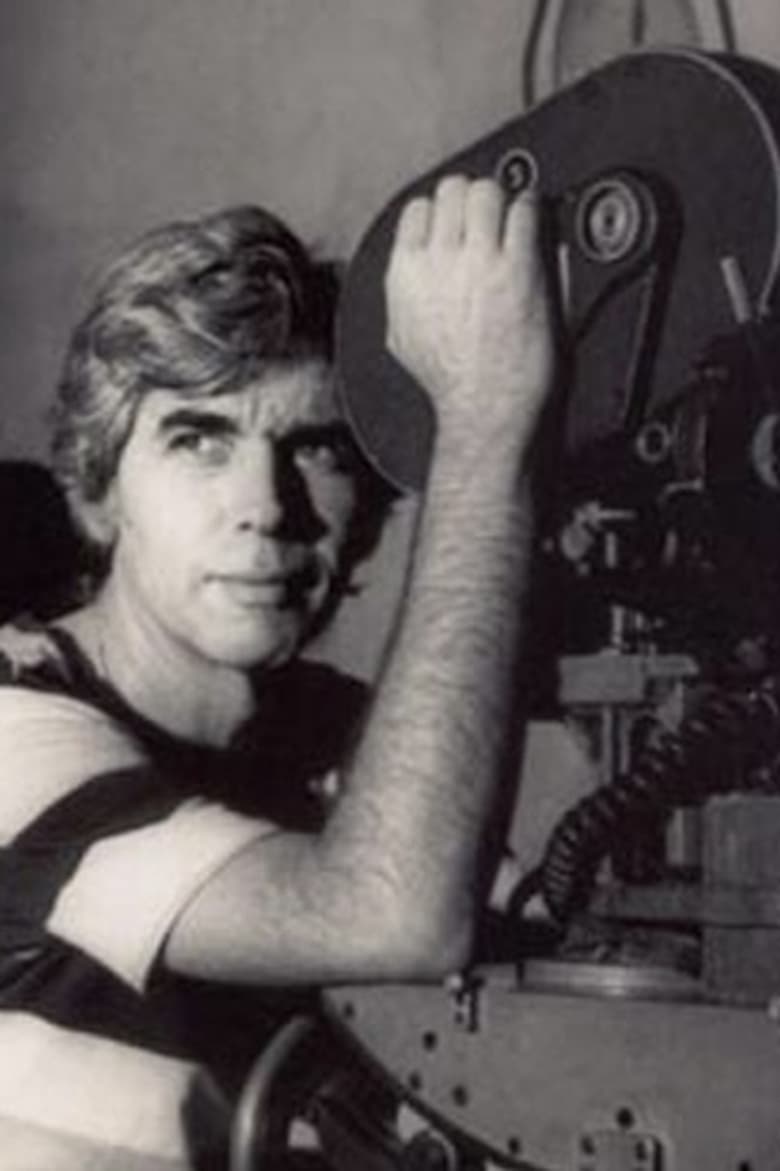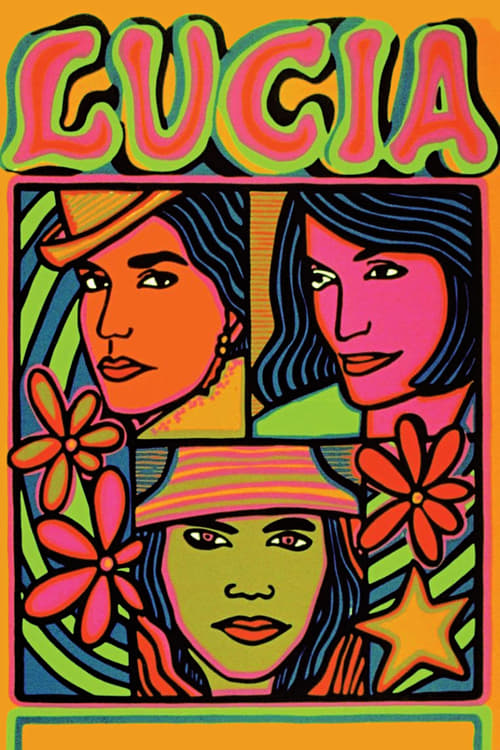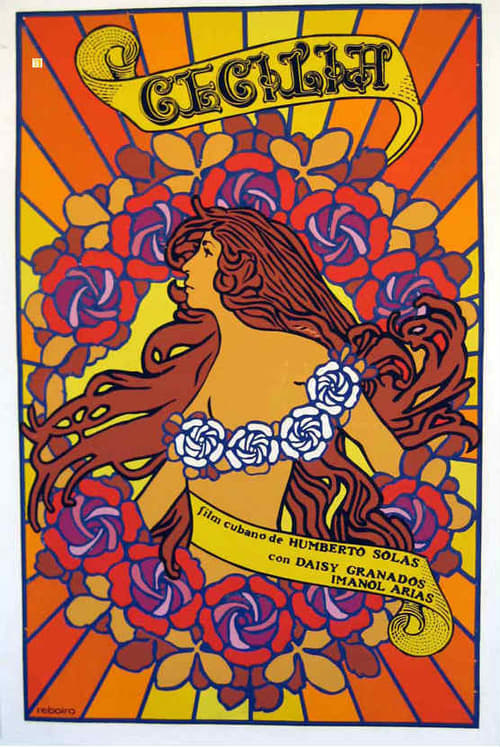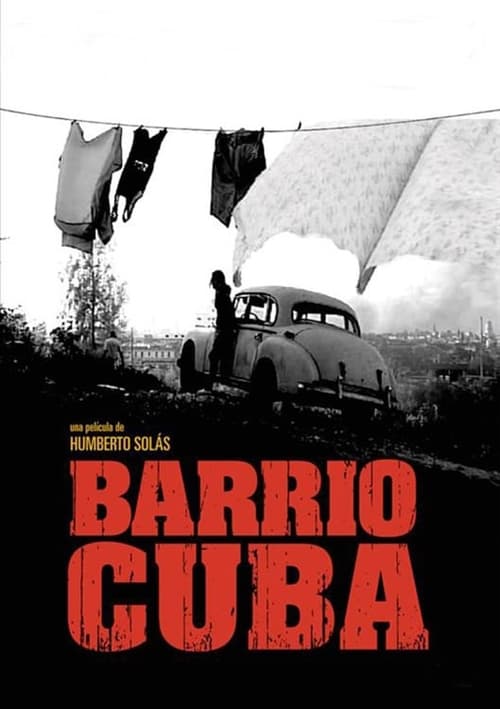Director: Humberto Solás

Birthday: 1941-12-14
Born in: Havana, Cuba
Biography: Humberto Solás (14 December 1941 – 18 September 2008) was a Cuban film director, credited with directing the classic film Lucía (1968), which explored the lives of Cuban women during different periods in Cuban history. His cinematic style borrows from Luchino Visconti's spectacular mise en scene and is permeated by sometimes heavy melodrama. He started making shorts at a very young age, before directing his first medium length film Manuela, in 1966. The success of this film led him to direct Lucía, an ambitious period piece told in three stories in different moments of Cuban history, all as seen through the eyes of a different woman, each named Lucia. He later directed many different projects over the course of his career. Solás has won 13 awards for filmmaking and been nominated for an additional 9. His 1968 film Lucía won the Golden Prize and the Prix FIPRESCI at the 6th Moscow International Film Festival. His 1985 film A Successful Man was entered into the 15th Moscow International Film Festival. In 1977 he was a member of the jury at the 10th Moscow International Film Festival. He has twice served on the jury at the Berlin International Film Festival, in 1977 and 1997. In 2003, he founded Gibara's Poor Cinema Festival, "open to filmmakers with limited funds". Solás was awarded Cuba's National Film Prize in 2005. Humberto Solás died of cancer on September 18, 2008, at the age of 66.
Born in: Havana, Cuba
Biography: Humberto Solás (14 December 1941 – 18 September 2008) was a Cuban film director, credited with directing the classic film Lucía (1968), which explored the lives of Cuban women during different periods in Cuban history. His cinematic style borrows from Luchino Visconti's spectacular mise en scene and is permeated by sometimes heavy melodrama. He started making shorts at a very young age, before directing his first medium length film Manuela, in 1966. The success of this film led him to direct Lucía, an ambitious period piece told in three stories in different moments of Cuban history, all as seen through the eyes of a different woman, each named Lucia. He later directed many different projects over the course of his career. Solás has won 13 awards for filmmaking and been nominated for an additional 9. His 1968 film Lucía won the Golden Prize and the Prix FIPRESCI at the 6th Moscow International Film Festival. His 1985 film A Successful Man was entered into the 15th Moscow International Film Festival. In 1977 he was a member of the jury at the 10th Moscow International Film Festival. He has twice served on the jury at the Berlin International Film Festival, in 1977 and 1997. In 2003, he founded Gibara's Poor Cinema Festival, "open to filmmakers with limited funds". Solás was awarded Cuba's National Film Prize in 2005. Humberto Solás died of cancer on September 18, 2008, at the age of 66.
Known for
6.3

4.8

5.3
